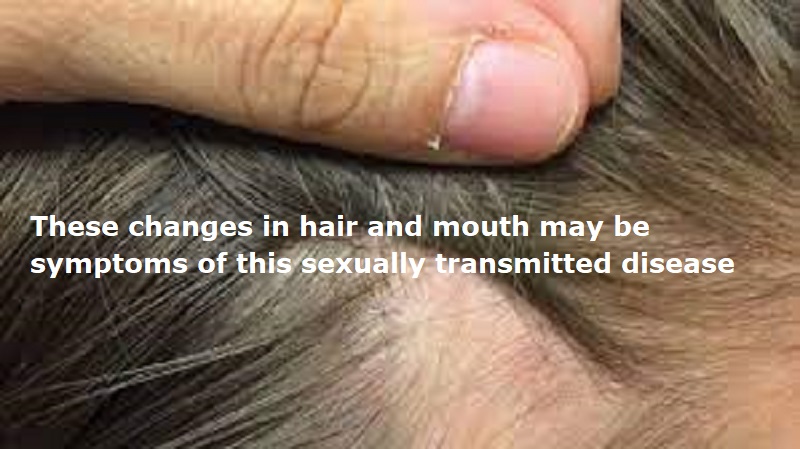
Most of the people have heard about of Syphilis. Syphilis is one of the most commonly transmitted sexually transmitted infection (STI). This is transmitted from one person to another by unprotected sex.
If undetected it will lead to life-threatening problems such as heart failure and other serious medical issues. The use of condoms is recommended to prevent getting infected.
Early symptoms of syphilis include small blister-like lesions on the genitals, anus, and mouth. Likewise, seeing white lines on the tongue can also be the first symptoms of syphilis. This discoloration of the tongue is also a part of some other diseases. So don’t self-diagnose it as syphilis. Blister-like lesions are gray or white in color.
Primary syphilis typically involves genitalia, however, research has found that oral manifestations are observed in approximately 4–12% of patients, reflecting sexual practices. Syphilis can also lead to development of condyloma lata in the mouth. These are large, raised, gray or white lesions that usually develop in warm, moist areas like the mouth, underarm or groin region.
Symptoms of syphilis can also be seen in the hair. Hair loss is one symptom of syphilis. As per research, the frequency of hair loss ranges from 2.9% to 7%. The pattern of this hair loss can be moth-eaten, diffuse or both. The moth-eaten pattern is the most common type of hair loss due to secondary syphilis.
Also Read: Doing this before having sex is good
In the early stages of the disease, the small lesions seen in the private parts are not detected, leading to a delay in the diagnosis. Red spots on the skin are also a symptom of syphilis. This too may go undetected at first. Later it can come in public places like palms and feet. It does not itch or hurt.
In addition to these symptoms, as syphilis progresses, problems such as fever, fatigue, and sore throat may occur. Glandular discharge, body aches, and headaches may also occur. If the disease is not treated, all these problems will haunt the patient.
Syphilis often takes years to progress. Eventually it endangers the brain, nerves, eyes and heart. It can even lead to death.

Post Your Comments